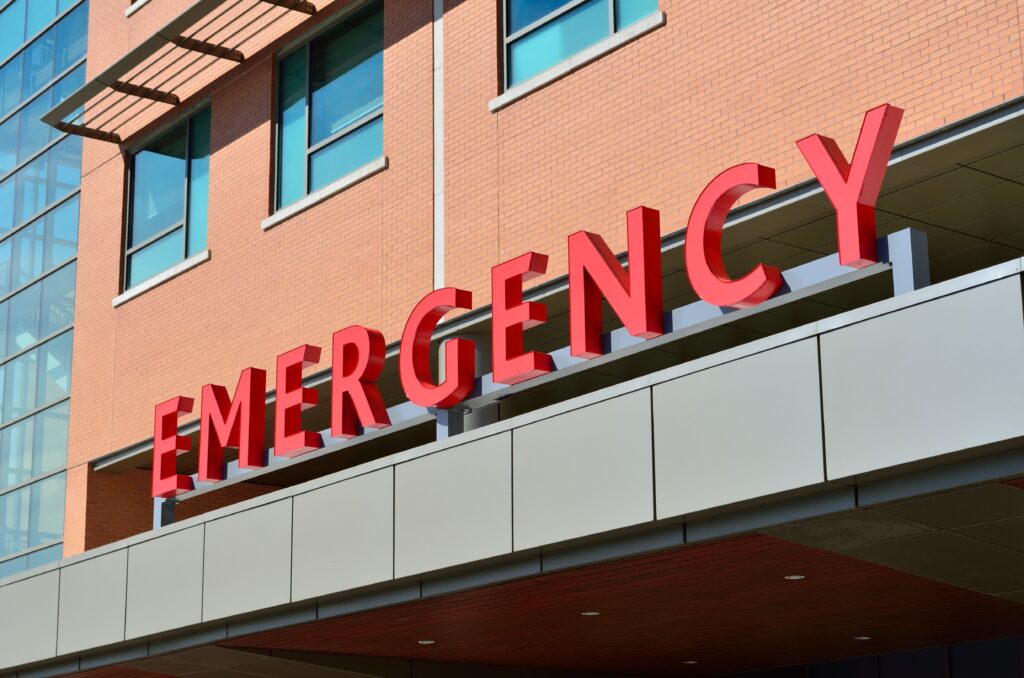News Team member Stephanie Oehler describes how the online "trad-wife" aesthetic fuels the flames of the anti-vaccination movement during the second-largest measles outbreak of the 21st century.

A summary of important health news from the past week.
5 reasons why FDA advisers did not recommend Covid-19 booster shots for everyone
By: Maggie Fox
On Friday, September 17, the FDA recommended the Covid-19 booster shot only to those who are immunocompromised and those who are ages 65+. There are a few reasons why the booster shot is not recommended for others at this time. For one, the vaccines are still reaching their main goal: protecting the majority of the population who have received the vaccine against severe disease. Additionally, there is not necessarily enough data at this time to verify the safety, usefulness, and/or value of giving the booster dose to the rest of the less vulnerable population. Another consideration is that it is more important to focus on people getting their first vaccine, in the U.S. and around the world, than to add further protection to those who already have it. Booster shots may be approved for the rest of the population in the future, but at this time the FDA remains cautious.
EXPLAINER: What are ‘Crisis Standards of Care?’
By: Rebecca Boone, Iris Samuels, and Lindsey Tanner
Recent surges in COVID-19 cases and hospitalizations across the country–many resulting from infection with the novel Delta-variant–are forcing healthcare providers to reintroduce some of the crisis management strategies that marked the early months of the pandemic. Criteria termed crisis standards of care, including overall organ functioning and disease history and state, are being used to decide which patients will receive life-sustaining interventions first, and which ones, even if still in critical condition, might still have better chances at survival. In states like Idaho and Montana where resource scarcity is severe and hospital admissions continue to climb, more dire protocols are being enforced, including “Universal Do Not Resuscitate” (DNR) orders, which prevent providers from administering CPR and/or other life support when all ventilators have been occupied. Seeing as many COVID-related hospitalizations to date have been linked to unvaccinated individuals, health officials in states experiencing surges and forced to practice healthcare rationing continue to urge members of the public to seek immunization in hopes of controlling emerging outbreaks and creating much-needed vacancies for those with acute, non-COVID related health needs.
The Black Community Is Seeing a Rise in Opioid Overdose Deaths: What Can Be Done
By: Christopher Curley
The rate of opioid overdose deaths among Black Americans rose 40 percent in 2019 compared to white Americans, according to a new study from the American Journal of Public Health. One factor that may be driving an increase in these opioid overdoses is the introduction of the synthetic opioid fentanyl into recreational drugs such as cocaine. A 2017 report from the Centers for Disease Control and Prevention (CDC) found that “illicitly manufactured fentanyl and fentanyl analogs have fueled recent increases in opioid-involved overdose deaths,” accounting for 60 percent of opioid overdose deaths, as well as disproportionate increases in these deaths among Black Americans. Based on the findings from their latest study, researchers are calling for an “antiracist public health approach” to solve the rise in opioid overdose deaths among the Black community.
Biden Administration Seeks to Expand Telehealth in Rural America
By: Mark Walker
The Department of Health and Human Services announced last month that it will distribute $20 million worth of telehealth services to areas that have been medically underserved and significantly affected by the pandemic. Of the 20 million, 4 million will focus on updating primary telehealth services, such as acquiring new equipment and training medical staff on telehealth protocols. Academic medical centers will receive 4.3 million to begin “tele-mentoring,” where primary medical staff can receive telehealth support and training for complex conditions, such as COVID-19 or long-term illnesses. The University of Mississippi Medical Center will also receive more than 3.5 million to implement two grant programs, both of which focus on improving health care for medically underserved areas within the state. Increases in telehealth services will prove beneficial not only for patients who cannot see their healthcare providers in person, but also for individuals with mental and substance abuse disorders who may not have had previous access to such services due to a lack of programs within their community.
When Cardiac Arrest Strikes, Survival Odds Are Better at Airports
By: Steven Reinberg
A new study has found that cardiac arrest survival odds are better at airports or on an airplane. The study was conducted by reviewing 143 cardiac arrest cases at Seattle-Tacoma International Airport between 2004 and 2019. Through reviewing this data, researchers found that nearly 40% of the airport victims survived, which was much higher than the 10% rate for all U.S. out-of-hospital cardiac arrests. This survival rate has been attributed to the access to automated external defibrillators (AEDs) that are readily available at airports, as well as the number of people ready to help. The study also identified that quick recognition of cardiac arrest was more common off-plane than on-plane due to the fact that on-plane cardiac arrests were often mistaken for sleeping.
